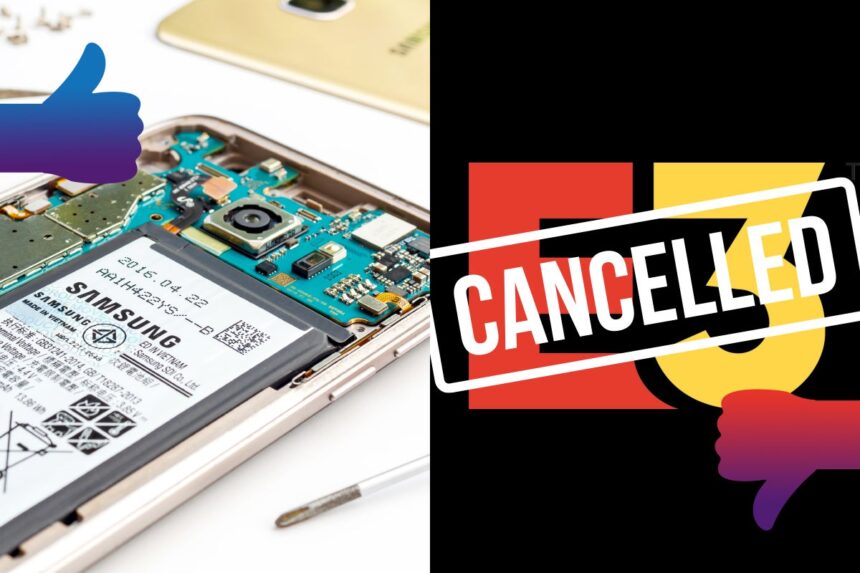The Ultimate Guide to Credit Repair: How to Improve Your Credit Score
Table of Contents
- Introduction
- Step One: Review Your Credit Report
- Step Two: Dispute Errors in Your Credit Report
- Step Three: Pay Down Your Balances
- Step Four: Make Regular, On-Time Payments
- Step Five: Get a Secured Credit Card
- Step Six: Consider Credit Counseling
- Conclusion
Introduction
Your credit score is one of the most important numbers you can have. It affects your ability to get a loan, a job offer, or even an apartment. If you find yourself with a poor credit score, it doesn’t mean that you’re out of luck. There are steps you can take to improve your credit score, one step at a time. This guide will outline the steps you need to take to repair your credit and get your financial future on track.
Step One: Review Your Credit Report
The first step in repairing your credit is understanding what is in your credit report. This means getting a copy of your credit report from all three major credit bureaus—Experian, TransUnion, and Equifax. You are entitled to one free credit report from each bureau each year. You can get your credit reports from the Annual Credit Report Request Service, a free, online source for requesting your credit reports. It’s important to review your credit report to look for any items that may be dragging down your score.
Step Two: Dispute Errors in Your Credit Report
If you find any errors on your credit report, it’s important to dispute them right away. You can do this by writing a letter to the credit bureau that is reporting the error. Include information that documents the issue, such as account numbers, dates, and any other information that supports your claim. The credit bureau will then investigate your claim and if the information is found to be inaccurate, it will be removed from your report.
Step Three: Pay Down Your Balances
Your credit utilization—the ratio of your current credit card balances to your credit line limits—makes up a sizable portion of your credit score. Reducing your balances will help your score, especially if you have high utilization, so make it a goal to pay down some of your balances. You can do this by paying more than the minimum payment each month. If you’re struggling with high balances, consider transferring your balances to a card with a lower interest rate or a 0% introductory APR.
Step Four: Make Regular, On-Time Payments
Paying your bills on time is one of the most important steps you can take to improve your credit score. You should strive to pay all your bills on time to ensure that your score is kept in good standing. Automating your payments can help you stay on track, and can help you avoid pesky late fees and other penalties. To avoid having late payments show up on your report, you can also set up reminders on your phone or calendar that will alert you when a payment is due.
Step Five: Get a Secured Credit Card
If you have trouble obtaining an unsecured credit card due to bad credit, you may want to consider getting a secured credit card. A secured credit card requires a cash deposit to open the card; the deposit amount often serves as the credit limit on the card. These cards are designed for people with bad credit and can help you build credit if used responsibly. Make sure to look for cards with low fees and interest rates and that will report to the three major credit bureaus.
Step Six: Consider Credit Counseling
If you are having trouble with your debt or your budget, credit counseling can help. Credit counselors are experienced professionals who can work with you to create a budget, pay down debt, and other financial tasks. They can also provide education on budgeting, money management and debt consolidation. Most credit counseling agencies are non-profit organizations and they can often provide their services free of charge.
Conclusion
It can take time and effort to repair your credit score, but it is possible. By following these steps, you can gradually rebuild your credit and improve your financial future. The key is to be disciplined, consistent, and mindful of the decisions you make each month. With the right strategy and hard work, you can get your credit score back on track.

